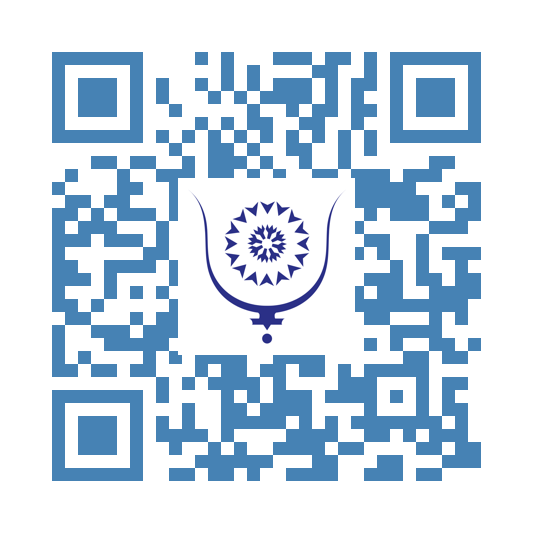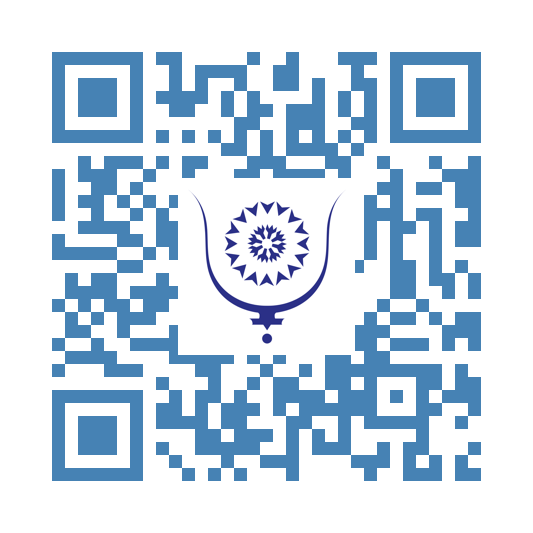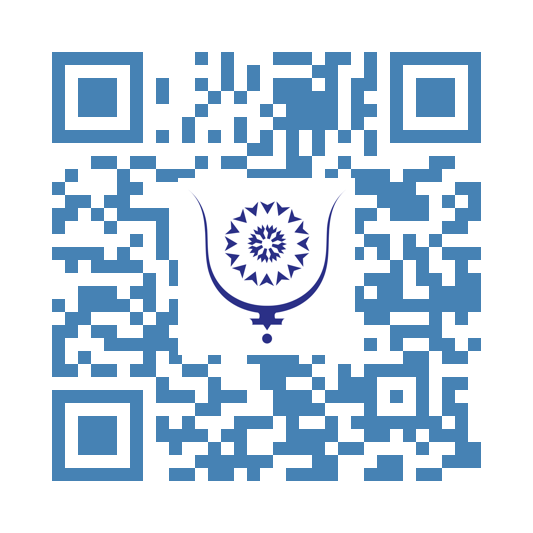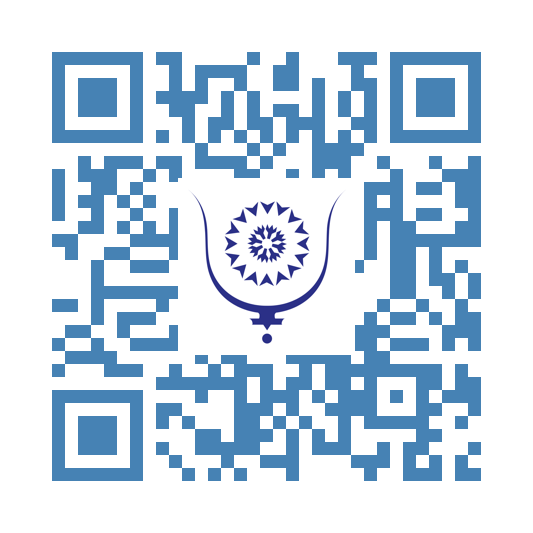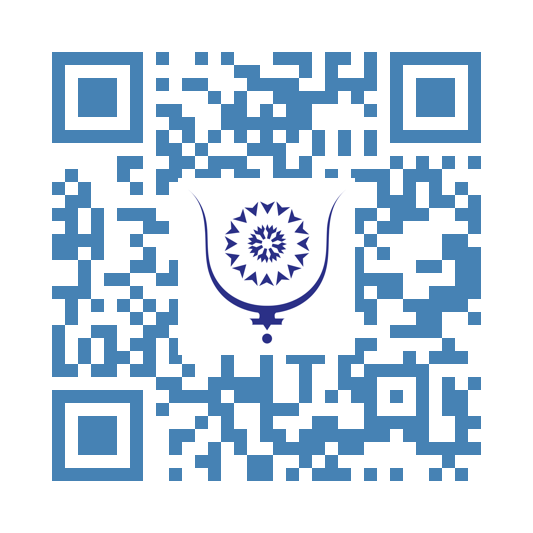Recognition of Palestine: Historic Gesture or Too Late?
92
The decision this week by several Western powers to recognize the State of Palestine could have been hailed as a founding moment in contemporary history. Coordinated and announced almost in unison, it seems to mark a decisive milestone in a conflict that has torn the Middle East apart for more than seven decades. Yet, between symbolic significance and concrete impotence, this gesture raises a dilemma: is it an act that will make history or a missed opportunity due to its tardiness? A recognition long awaited and especially delayed for numerous reasons, more or less understandable.
Since the proclamation of the State of Palestine by the PLO in 1988, at the behest of the most alert Arab countries, with Morocco leading the way, marking the transition from an armed struggle bordering on terrorism to a reliable entity, a political interlocutor and partner, more than 140 countries, mainly from the Global South, have taken the step of recognition. It is the Western powers, particularly European ones, that were slow to align. Yet, their political, diplomatic, and financial weight could have, in the 1990s or 2000s, influenced the intense negotiations then underway and given substance to the two-state solution promoted by the Oslo Accords.
By choosing to act today, in a context where the prospect of a viable Palestinian state seems more distant than ever, many facts having shifted on the ground, the Western powers appear to recognize more the legitimate cause of a people than they make it effective. The Oslo Accords have been bypassed and are now worthless. What remains is the symbolic weight of recognition.
However, it would be reductive to minimize the significance of this gesture. In the diplomatic arena, official recognition could be a major symbolic weapon: it would confer additional legitimacy to Palestine, strengthen its positions in international bodies, and create a political precedent. For Israel, it sends a clear message: the patience of its traditional allies may have eroded in the face of the deadlock of the status quo and the continued expansion of settlements in particular.
Unfortunately, it also reveals Western impotence.
Beyond the symbol, the reality remains harsh: Gaza remains under siege, the West Bank fragmented, and East Jerusalem under constant tension.
Without coercive mechanisms, without economic or diplomatic pressure, these announcements risk remaining a moral signal rather than an instrument of transformation. In other words, the West writes a declaration in history but without real control over its course, even though it is decisions by this same West that are at the origin of the extremely dramatic situation in the region.
So, what will we talk about after time has taken its toll? Has the West marked or missed history?
The recognition of the State of Palestine by these Western powers remains an important diplomatic step but also reveals a paradox: it comes at a time when the solution it was supposed to endorse seems more distant than ever. To make history is to act when action can change the fate of peoples. To miss it is to settle for observing, too late, what history has already decided.
The ambiguity is there: this is a gesture heavy with symbols but weak in concrete effects, and above all, a meeting probably too late to have the historical impact it could have had two or three decades ago.
It remains to address the Palestinians themselves: The numerous militant factions attached to unsavory causes and ideologies should cease their harmful game and all should align around an intelligent and achievable line. Palestinians should seize the opportunity with pragmatism and especially independence in their way of understanding, seeing, and acting. Perhaps this is the condition for these recognitions to weigh on the course of history.
Share:
Recognition of Palestine: Historic Gesture or Too Late?
copy:
https://bluwr.com/p/398552621
My Generation
212
I come from a generation that never knew electronic tablets. Our tablets were wooden boards, where we copied verses from the Quran, learned them by heart, and recited them before the fqih. A single mistake meant the sting of a stick, followed by the laughter of classmates.
We never begged our parents for toys. We built them ourselves—rolling bicycle rims with a stick for handlebars, imitating the roar of engines with our mouths, or crafting skateboards from wood and ball bearings. Our games were simple but endless: hide-and-seek, marbles, spinning tops.
We did not need private lessons. Our teachers were masters of their craft, teaching with passion and devotion. We discovered poetry, crossword puzzles, and the joy of words at an early age. Respect for elders was a rule, and care for the younger ones a duty.
Holidays were not for travel but for small jobs that earned us coins to buy books—Camus, Hugo, Balzac, and others that today’s youth rarely open. We lived fully in the real world, untouched by the virtual.
Our joys were simple: an old movie at the cinema, a homemade sandwich of tomatoes and peppers, afternoons at the public pool, or slipping into a football match just before the final whistle. One black-and-white TV channel was enough, and a transistor radio was a treasure.
We kissed our parents’ hands, respected teachers and policemen, shared our scholarship money with siblings, and saved schoolbags and textbooks for years. We listened to our grandmothers’ tales in the dark, our imaginations weaving monsters, heroes, and enchanted princesses.
We knew the Solex, the 2CV, the Dauphine, the R8. We wrote letters and waited for the postman as if he were a hero. Pocket money came only at Eid, and our first driver’s license only after our first paycheck. We grew up running errands, carrying bread to the oven, water from the fountain, groceries on credit in the neighborhood shop.
We learned values the hard way—through discipline, slaps, and the watchful eyes of parents, neighbors, and teachers. Elders were always right. We listened more than we spoke.
That is why my generation is so different from today’s. We are often misunderstood, dismissed as outdated—even by our own children. Yet I cannot help but feel that those who never lived what we did have truly missed something.
Dr. Fouad Bouchareb
All rights reserved
Share:
My Generation
copy:
https://bluwr.com/p/397255366
Media and Intellectual Nihilism: A Poison for Public Debate in Morocco
254
For some time now, a worrying phenomenon has been spreading in the Moroccan public space: the rise of a nihilistic discourse, sometimes fatalistic and in some aspects anarchistic, propagated by influencers, a certain football audience, journalists, some academics, and even political leaders. This discourse, marked by a radical rejection of any perspective or the multiple tangible signs of progress, reflects a troubling intellectual and civic drift. Instead of stimulating collective reflection and citizen engagement, it fosters distrust, resignation, and disenchantment with the country's future, its institutions, and perhaps even its mode of operation. The prevailing impression is that of a pessimistic trap with no exit.
This nihilism expresses itself through rhetoric saturated with despair and defeatism. Themes of health and education are overused as if they were completely at a standstill. Yet, tens of thousands of Moroccans are successfully treated daily in public hospitals, and all children attend school, many achieving spectacular success that draws admiration internationally.
The discourse reduces Morocco to a state of chronic failure, trapped by political, economic, and social blockages, condemned never to progress. Yet, such a radical and caricatural view obscures the real advances the country has made over recent decades: modern infrastructure, stability in a troubled region, and steady, even impressive, improvements in all social indicators.
Admittedly, these improvements remain insufficient and sometimes unevenly distributed, but outright denial amounts to ignoring the complexity of development, which no model—economic, societal, or political—has managed to resolve perfectly.
Unfortunately, voices spreading these views gain an audience and create a toxic climate for society. Mixed with ideology and unhealthy negativity, they often present religion as a political solution to all problems, while international experience disproves this.
The dissemination of such discourse has consequences. It fuels collective powerlessness and weakens trust in institutions. By instilling the idea that any reform effort is doomed to fail, it encourages social resignation and lays fertile ground for latent, undefined, and immeasurable anger. This context favors demagogic excess, media escalation, and the systematic rejection of any political initiative.
Ultimately, instead of awakening consciences, this nihilism plunges minds into ideological paralysis.
Young people are particularly threatened by this, already facing immense challenges like unemployment, limited access to opportunities, and the quest for social recognition. They are especially exposed to such disorienting messages. Deprived of positive role models, they are tempted toward fatalism, losing confidence in the future and renouncing any form of civic engagement. Yet, a society that despairs of its youth condemns itself to stagnation and decline.
Official media, hampered by lethargy, disconnection from reality, or an unjustified fear of taking risks—both from their leaders and journalists—do little to impose or at least propose an alternative discourse of lucidity and hope.
This is not to deny Morocco’s real challenges: corruption, social inequalities, incompatibility of the education system with modernity, unproductive universities in knowledge and innovation, health system exclusions in some regions, lack of effective governance in many sectors, excessive administrative weight, among others. But these challenges cannot justify an exclusively bleak interpretation of reality.
The responsibility of intellectuals, journalists, and media figures is to propose a critical but constructive vision.
The urgency is to rehabilitate a discourse of balanced lucidity, which recognizes blockages while valuing progress margins. A discourse that denounces failures without annihilating hope. A discourse that highlights shortcomings but also offers solutions. A discourse that holds citizens responsible, that critiques their initiatives and behaviors, that highlights their rights but above all their duties and obligations.
The prevailing nihilism that settles in parts of Moroccan public debate is a slow but dangerous poison. It undermines trust, deepens social fractures, and diverts youth from constructive action and responsibility. Morocco needs critical but responsible voices capable of nurturing a collective project founded on trust, innovation, and the will to build. Without this, society risks locking itself in a vicious circle where cynicism suffocates imagination and inertia becomes inevitable.
Long ago, some were convinced the country was bankrupt; they spoke of an imminent "heart attack." Nothing of the sort happened. On the contrary, the country has advanced, continually progressing, modernizing, and developing. Morocco is increasingly asserting itself in economic emergence and social development, which must not be denied.
Share:
Media and Intellectual Nihilism: A Poison for Public Debate in Morocco
copy:
https://bluwr.com/p/396670336
The Alleys of Marrakech
275
The Alleys of Marrakech
Whether on foot or by carriage
They are magnificent, the alleys of Marrakech.
What a pleasure to wander through these shaded paths,
Changing my route each time I pass.
I mingle with the crowd,
The atmosphere is lively, the spirit proud.
The Marrakchis are funny, always cool,
Full of charm, they follow no rule.
The Spice Square feels like a spell,
From the terraces above, the view is swell.
It leaves romantics lost in dreams,
Where everything is more than it seems.
Herbalists sell their fragrant spices,
Pets abound, with no disguises.
Once at Jemaa el-Fna, everything bursts in color,
Scents rising everywhere, one after the other.
Different dishes with countless flavors
Are served here, to everyone’s favors.
A true delight,
A magical sight,
A festival of culinary art,
From a millennial cuisine with heart.
The snakes taunt the curious who stare,
Cobras bare their fangs to the air.
Only the flute’s enchanted sound
Can soothe their ardor as it floats around,
Amusing eyes that watch with glee—
The charmers’ dance, their mystery.
Mischievous monkeys, bold and sly,
Beg for peanuts or coins to buy.
They leap, they spin, they clown around,
Acrobats playing for the crowd.
Fruit juices please the wandering souls,
But as for me—I love the snails.
The tooth-pullers draw in the reckless,
With makeshift pliers, their work is merciless.
Molars and canines, pulled without care,
No anesthesia, just cries in the air.
A pitiful trade,
For those betrayed
They’ll return again someday,
Hoping dentures will ease the pain away.
The café terraces all around
Are filled with life, night and day bound.
Different melodies blend and collide,
In the square, a noisy tide.
The clamor echoes, wild and strange,
A soundscape that never seems to change.
And when I head back, my mind still rings,
With the echoes that this city brings.
I know tomorrow I’ll return again,
On foot or by carriage, it’s all the same.
To these mythical places, where magic flows,
Marrakech, your charm forever grows.
Dr. Bouchareb Fouad
Marrakech, March 17, 2023
All rights reserved
Share:
The Alleys of Marrakech
copy:
https://bluwr.com/p/396374521
Age Is Just a Number
311
Age is nothing but a number,
Just the count of candles burning bright.
On this fourth day of December,
Sixty-eight flames light up my life.
They melt away like gentle magic,
Their wax flowing quietly down the candlesticks.
Shy as maidens, they reveal themselves,
Casting soft shadows
Across the four walls of my room—
Choreographing the loveliest of dances
To the rhythm of a tender melody,
As I sway with them in every direction.
They awaken my journeys,
The memories of the film of my life—
Moments of joy once savored,
And painful chapters overcome.
Sixty-eight candles still shine upon me.
But how many remain in the treasury of my years?
One? Two? Ten, or twenty?
Only God holds the answer.
They say age is just a number.
Yet the further we go along life’s path,
The more we sense the day when all will cease.
For me, only the present moment counts.
Eternity is not mine to claim—
Only God is eternal.
What matters is guarding the wealth of health,
And taming the burdens of illness.
Sixty-eight candles brighten my world,
And I choose to savor this moment
Now, and only now.
Dr. Fouad Bouchareb
All rights reserved
Wednesday, December 04, 2024
Share:
Age Is Just a Number
copy:
https://bluwr.com/p/395939889



